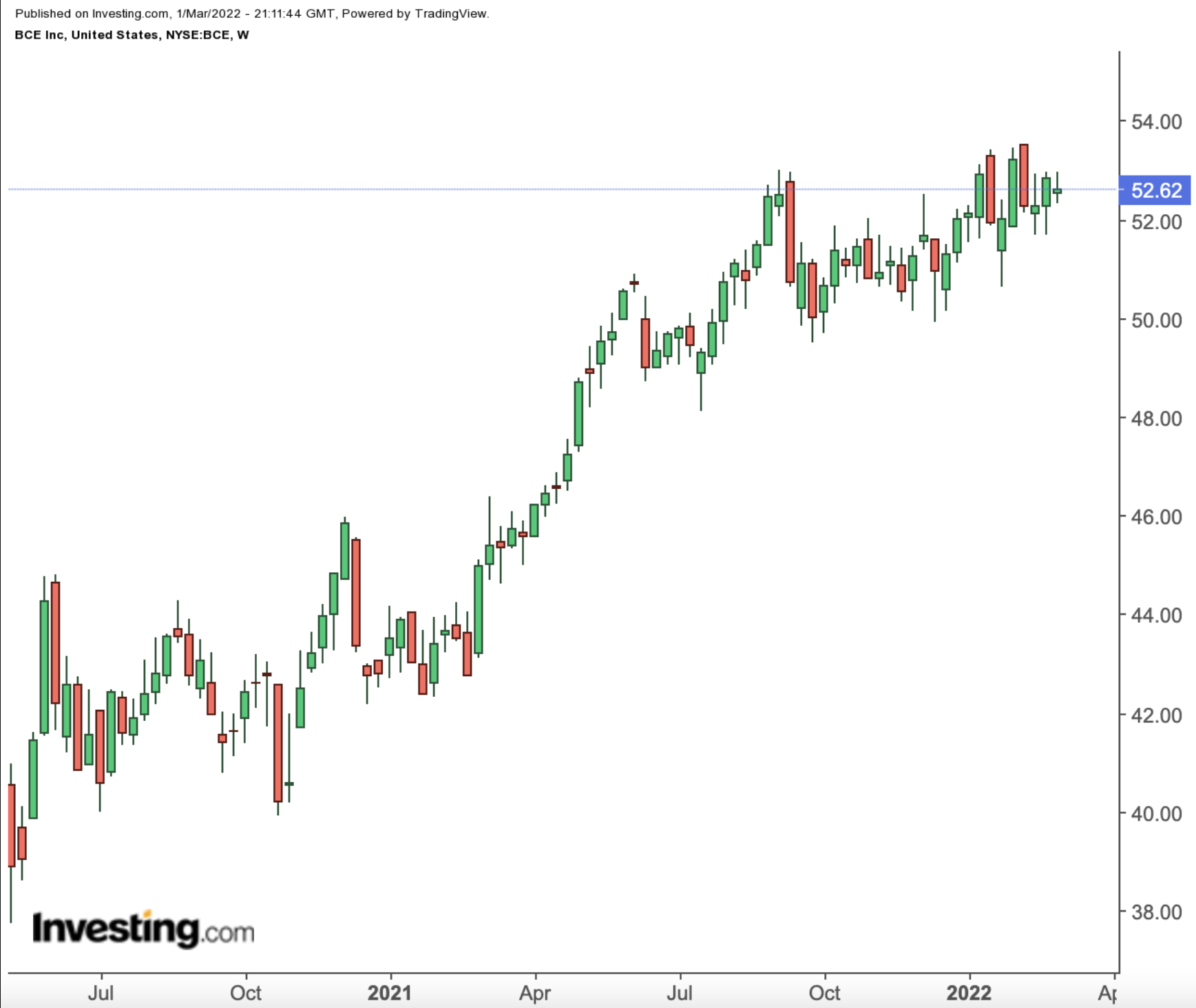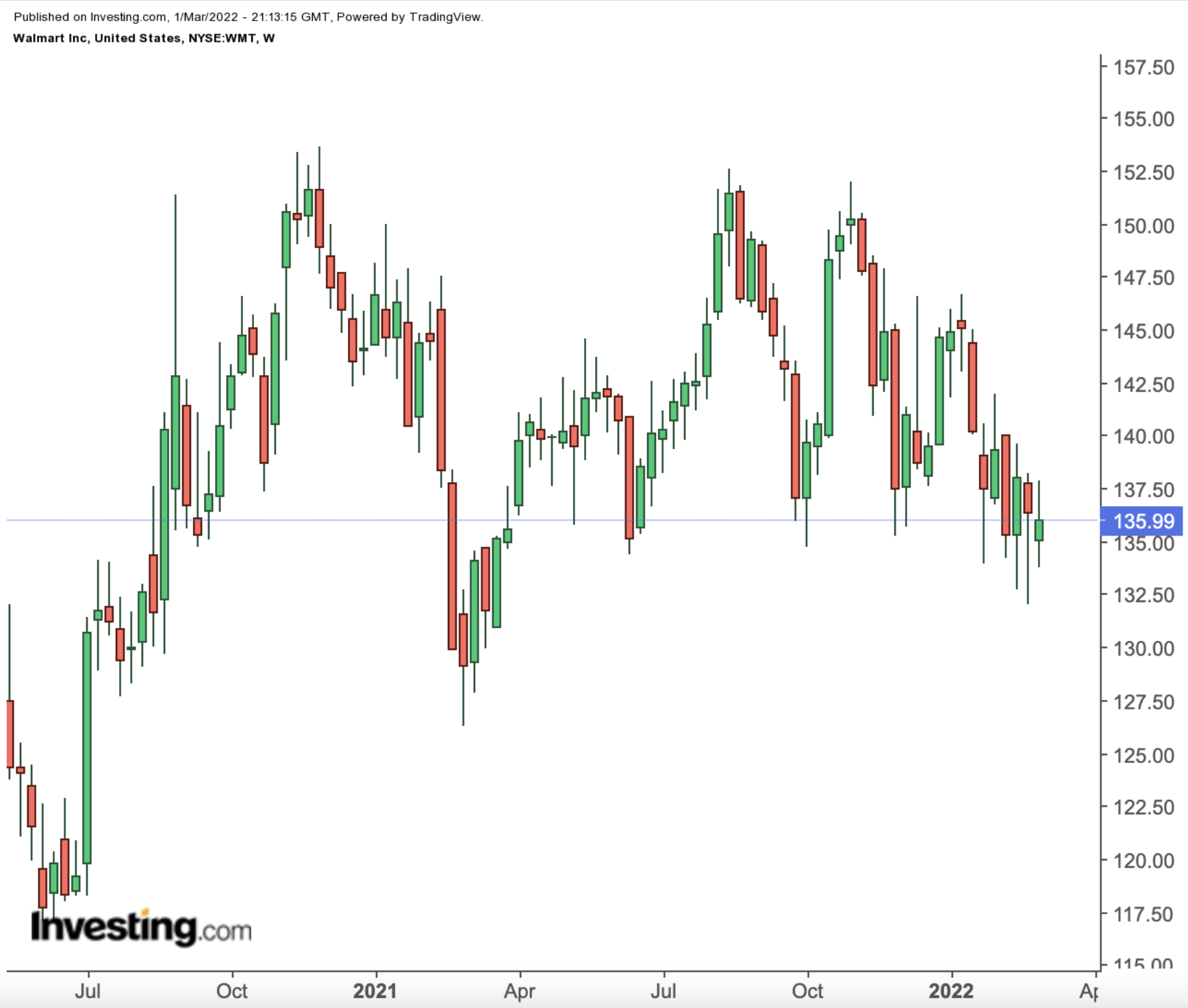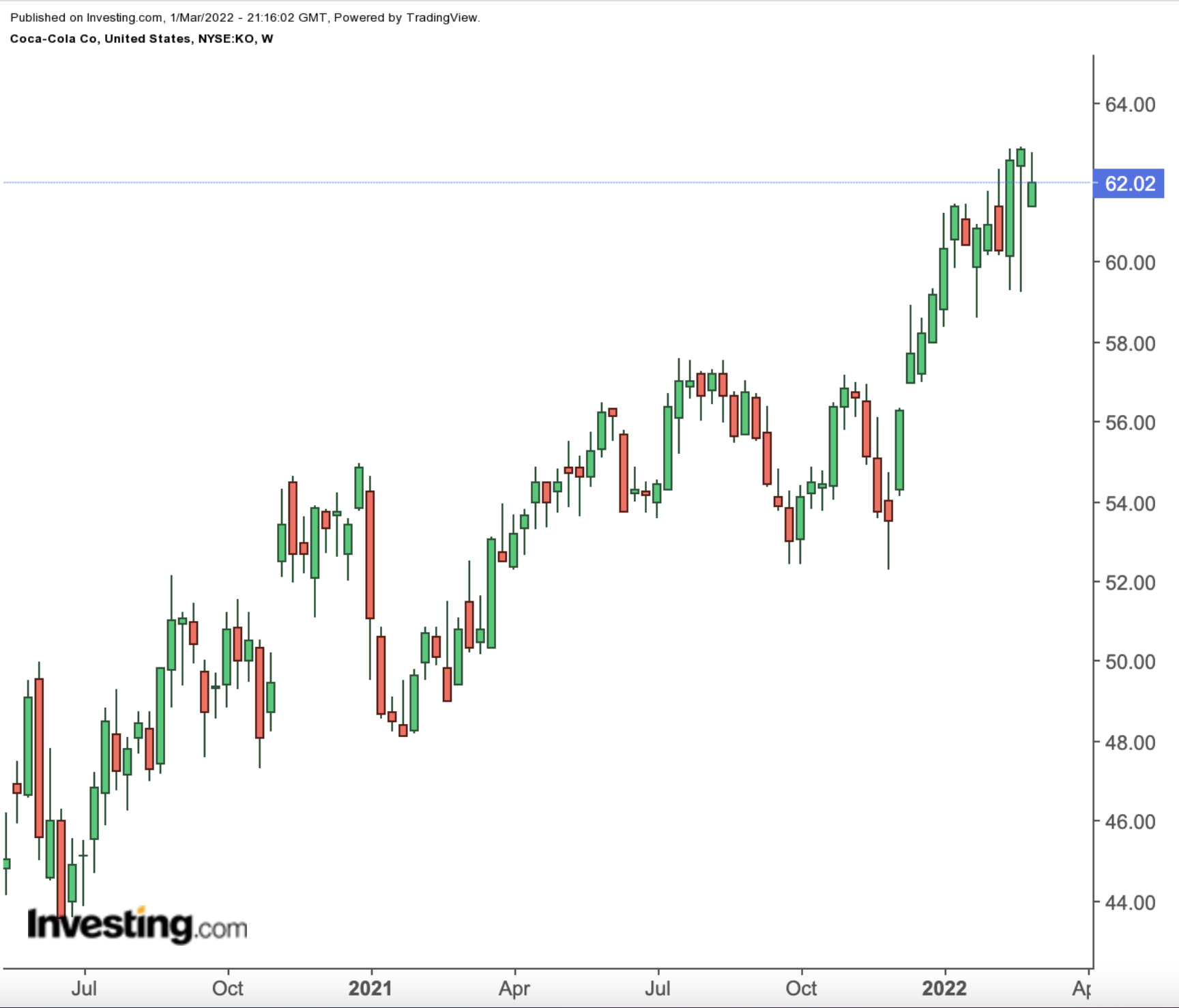After a historic bull run that followed the March 2020 market crash, 2022 started with a very different macro-economic scenario. During the first two months of the year, high inflation, the probability of rate hikes by the Fed, along with fears of an economic downturn generated headwinds that sent markets into a broad selloff.
The Russia-Ukraine war added a new and unpredictable risk for markets by disrupting global financial stability and setting the stage for another commodity-fueled inflationary cycle.
Although it is almost impossible for stock investors to shield their portfolios from these threats, risk management remains a crucial factor for those who want to be in the market for the long haul.
The best way to do this is by diversifying and buying stocks with low betas—equities that are less volatile than the overall stock market.
These stocks will still fall during a severe market downturn but their moves will be less dramatic than those of high-growth equities. They will also rebound quickly when a market correction occurs. Such stocks would include power and gas utilities, telecom operators, and discount retailers.
Below, we've identified three such stocks investors might consider if they're looking to add some safety to their portfolios:
1. BCE
- Yield: 5.49%
- Quarterly Payout: $0.92
- Market Cap: $47.83 billion
Canada’s largest telecom operator, BCE Inc. (NYSE:BCE) is a stable, less volatile stock that long-term investors can stash in their portfolios. Telecom companies performed poorly during the pandemic as they struggled to increase subscribers when most employees worked from home.

That idle pandemic period, which pressured BCE shares, seems to be over. Canada is fast lifting its pandemic-related restrictions after inoculating most of its population. That means workers returning to offices and more upside for BCE's business.
BCE (TSX:BCE) is one of the top dividend payers on the TSX; its US shares provide a nearly 6% yield. Last month, during its quarterly earnings report, BCE announced a 5% hike in its quarterly dividend and an increased spending program that will extend fiber to up to 900,000 more new locations. The telecom operator will likely benefit from its fiber presence in the upcoming 5G upgrade cycle.
So, BCE is a good pick if you are not looking for short time stellar returns and are okay with average, stable returns over a longer term. The stock closed Tuesday on Wall Street at $52.61.
2. Walmart
- Yield: 1.65%
- Quarterly Payout: $0.56
- Market Cap: $377.2 billion
The world’s largest brick-and-mortar discount retailer, Walmart (NYSE:WMT), is a solid defensive stock to keep in your portfolio, one that could act as a hedge against a potential downturn in the equities market.
During periods of distress, Walmart shares have historically outperformed the S&P 500 by a considerable margin. For instance, during the market crash of 2020, the stock continued to remain in positive territory as the broad market entered bear territory. And during the recessions of 2002 and 2008, Walmart produced positive returns while the S&P 500 tumbled.

The latest example of this strength came last month when the Bentonville, Arkansas-based retailer surpassed Wall Street’s quarterly profit expectations and unveiled an upbeat earnings report, signaling confidence in its ability to handle rising inflation and supply-chain disruptions.
The company’s gross margin, a broad measure of profitability, also surpassed analyst estimates in the fourth quarter by climbing slightly to 23.8%, helped by strength in US business.
Walmart’s rock-solid dividend is an added benefit. With a yield of a bit under 2% and a quarterly payout of $0.56, this stock is an excellent choice to own through the market’s thick and thin activity. The company has an impressive track record of returning cash to its investors. WMT closed Tuesday at $135.99.
3. Coca-Cola
- Yield: 2.84%
- Quarterly Payout: $0.44
- Market Cap: $268.67 billion
The Atlanta-based food and beverage giant Coca-Cola (NYSE:KO) is another suitable candidate for risk-averse investors. The company has been issuing dividend checks for more than a century, showing its brands’ strength and ability to survive in the toughest of economic times.
Like many consumer brands, Coca-Cola lost sales due to the COVID-19 pandemic. But as the global economy reopens, the next two to three years look quite promising for the company, which will benefit from the pent-up demand for outside entertainment.

According to data compiled by Bloomberg, comparable earnings per share for fourth-quarter beat estimates for the ninth consecutive quarter. The last quarter also marked the first time since the pandemic began, in which away-from-home volume was ahead of 2019 levels.
Moreover, as part of its push to grow beyond its namesake brand and become a “total beverage company,” Coke is acquiring startup beverage companies to resonate better with health-conscious clients and find new areas of growth.
At a time when health-conscious consumers are shifting away from sugary drinks, the owner of the Minute Maid, Simply, Dasani, and Schweppes brands is expanding healthy offerings. Its recent investments include Honest Tea, Fairlife dairy, and Suja Life.
Coca-Cola closed Tuesday at $61.97 a share.
